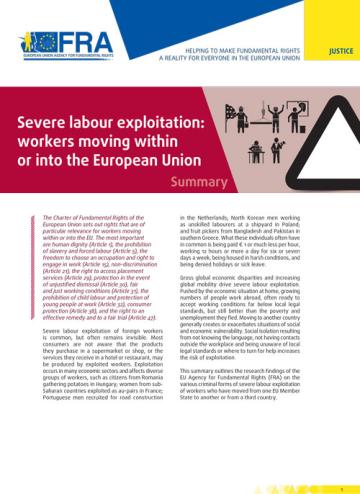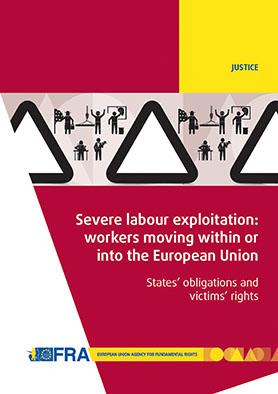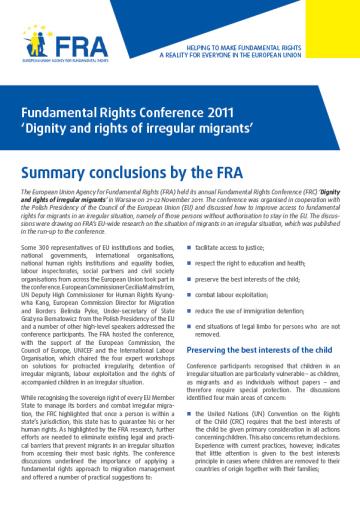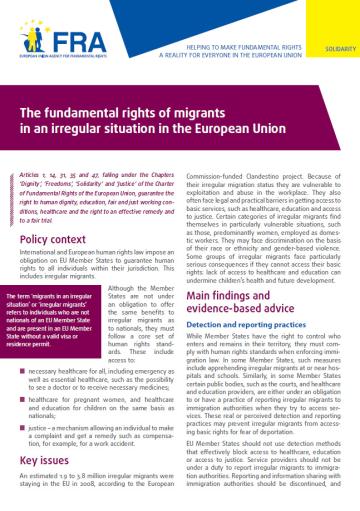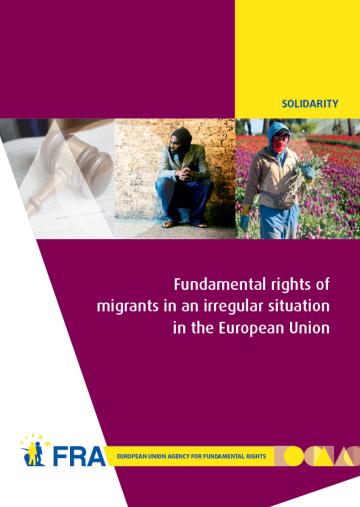Article 23.Chacun a le droit de mener une vie conforme à la dignité humaine.A cette fin, la loi, le décret ou la règle visée à l'article 134 garantissent, en tenant compte des obligations correspondantes, les droits économiques, sociaux et culturels, et déterminent les conditions de leur exercice.Ces droits comprennent notamment: 1° le droit au travail et au libre choix d'une activité professionnelle dans le cadre d'une politique générale de l'emploi, visant entre autres à assurer un niveau d'emploi aussi stable et élevé que possible, le droit à des conditions de travail et à une rémunération équitables, ainsi que le droit d'information, de consultation et de négociation collective; (...)




